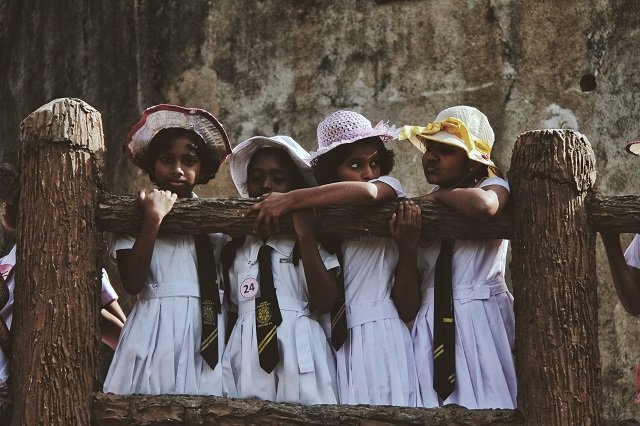Algeria might spark a new wave of revolution, notably in war-torn Libya, Tunisia and medieval Morocco.
by Eric S. Margolis
Algeria has long been the forgotten nation of North Africa. But now, it is bursting into the news as the latest example of popular revolution in the woefully misgoverned Arab word.
After seven weeks of mass street protests, Algeria’s ruler for the past two decades, Abdelaziz Bouteflika, finally faced the inevitable and resigned after a big shove from the army and the governing elite, known as ‘le pouvoir’ (the power).
Algeria is an important nation in spite of its recent semi-obscurity. At the center of North Africa, bordered by the Mediterranean and great Sahara Desert, Algeria has over 42 million people, with an important ethnic Berber minority in the mountains and uplands of the interior. Algeria is a major, world class producer of oil and gas, most of which is exported to Europe. In fact, 90% of government revenue comes from energy exports.
I have a particular interest in Algeria because I nearly went there as a guerilla fighter during its long, bloody war for independence from France (1954-1962). Algerian independence from brutal, exploitive French rule was then a noble cause that inspired many young men and women. Over one million people, mostly Algerians, died in the struggle. Torture and murder were rampant.
I led student demonstrations in Europe calling for free Algeria. As a result, I received my first death threats from La Main Rouge, a supposedly independent organization that murdered supporters of Algerian independence. Later, it was revealed to be a false flag branch of French foreign intelligence.
After independence, the victorious FLN (National Liberation Front) leadership set about killing one another. The revolution devoured its own. So much for youthful idealism and hope.
Post-war Algeria was run by the FLN hierarchy and military until gas and oil prices dropped in 1991 and the regime did not know what to do. It was decided to actually allow a free vote in local elections, one of the first in the Arab word. The moderate Islamic Salvation Front (FIS in French) won a landslide. The dictators, king and soldiers who ran the Arab world under US, British and French tutelage were horrified. The FIS was banned, its leaders jailed, and martial law imposed over Algeria.
A national uprising erupted against military rule. The army fought back with extreme cruelty, using torture, beheadings and executions that far exceeded the cruelties inflicted by former colonial ruler, France.
Over 200,000 Algerians died in this butchery.
Most FIS leaders were killed or murdered. But some escaped to Morocco, Libya and the Sahara to create a new militant fighting group, GIA, which still operates today in the Sahara, notably Mali, Cameroon, Chad and Togo. Leaders of the Islamic State took their cues from FIS/GIA.
A young, bright, personable former army officer, Abdelaziz Bouteflika, was named foreign minister. He eventually became president because the regime’s bigwigs (le pouvoir) could not agree on who was to become leader. Bouteflika became the compromise candidate and occupied this role for twenty years – at least until he suffered a severe stroke that left him crippled and mute. He kept ruling from a wheelchair.
Algerians, half of whom are under thirty years old, poured into the streets to demand democracy and free votes. Even army chief Ahmed Salah could not withstand these demands for a new Arab spring. The last one in 1991 turned into a disaster as reactionary forces in the Arab word and their US, French ad British backers reimposed autocratic rule on the long-suffering Arab world.
But Algeria might spark a new wave of revolution, notably in war-torn Libya, Tunisia and medieval Morocco. Egypt, a virtual US-Saudi colonial dictatorship, would be threatened by a democratic Algeria. The Saharan region would seek real independence from foreign rule.
As of now, we wait to see what will happen in Algiers. It would be good to see Algeria’s military step back and give up its unproductive role in politics. Algeria urgently needs to develop its civilian economy away from oil and gas. When they run out, Algeria will be forced to rely on agriculture and fishing.
Most important, Algeria’s army must ensure a peaceful transition to civilian government and fair elections. This would be the real second Algerian revolution for which so many have died. As we used to chant long ago, ‘long live free Algeria.’
Copyright Eric S. Margolis 2019















Post a Comment